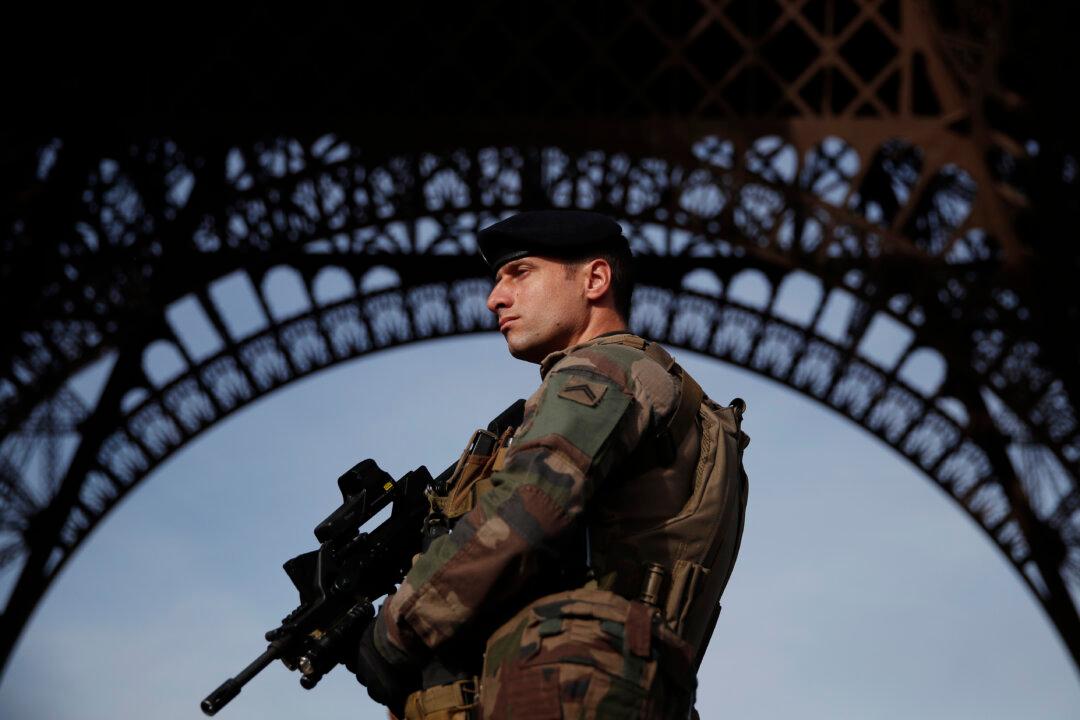Soldiers will be deployed in Paris for the next edition of “yellow vest” protests on Saturday, March 23, a government spokesman announced this week.
The soldiers, part of the “Operation Sentinelle,” have been used since 2015 to counter Islamist attacks in the country.





